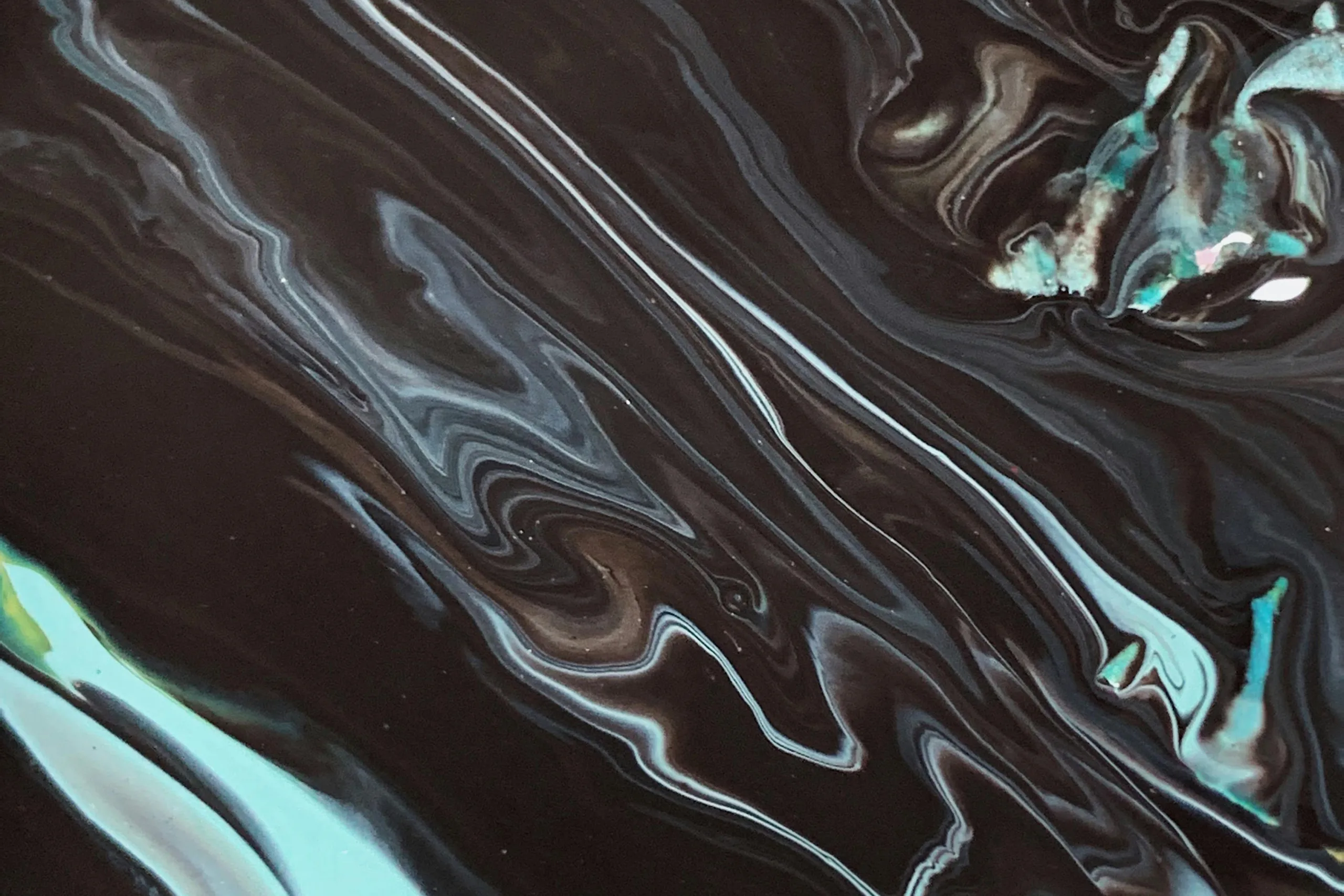Some love silicone-infused products for smooth, shiny hair, while others avoid them, fearing buildup or damage. In reality, many concerns stem from myths. Here’s what silicones really do for hair, and why I prefer to use them sparingly.
What Are Silicones (Dimethicone)?
Silicones are synthetic polymers from silica, found in sand. Dimethicone, a common silicone, coats hair to smooth and protect it. You’ll find them in shampoos, conditioners, and heat protectants, though I rarely use products containing silicones in my services due to their environmental impact.
How Do Silicones Work?
Silicones create a thin protective barrier on the hair, locking in moisture and reducing frizz. They’re great for heat protection but wash out easily with regular shampoo. Concerns about buildup are mostly tied to overuse or infrequent washing.
Silicones for Dry and Porous Hair
For dry, damaged, or porous hair, silicones can help by sealing in moisture and preventing further damage. However, I focus on more eco-friendly alternatives that provide similar benefits without the environmental concerns.
Myths and Facts About Silicones
- Myth: Silicones suffocate the hair.
Fact: Hair doesn’t “breathe,” and silicones don’t smother it. - Myth: Silicones cause greasy buildup.
Fact: They wash out with regular cleansing. - Myth: Silicones damage hair over time.
Fact: They protect against heat and environmental factors.
Are Silicones Sustainable?
While silicones provide hair care benefits, their environmental impact is a concern. Derived from petrochemicals, silicones persist in the environment after washing. This is why I avoid using them regularly, seeking eco-friendlier alternatives whenever possible.
Conclusion
Silicones, especially dimethicone, can benefit hair by smoothing and protecting it, but their environmental footprint makes them less appealing. I prefer to use them rarely and opt for more sustainable options, striking a balance between hair care and environmental responsibility.
